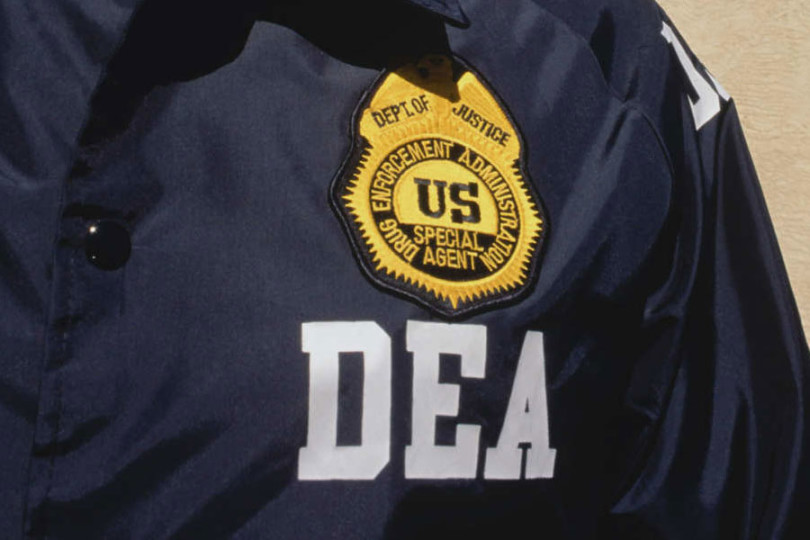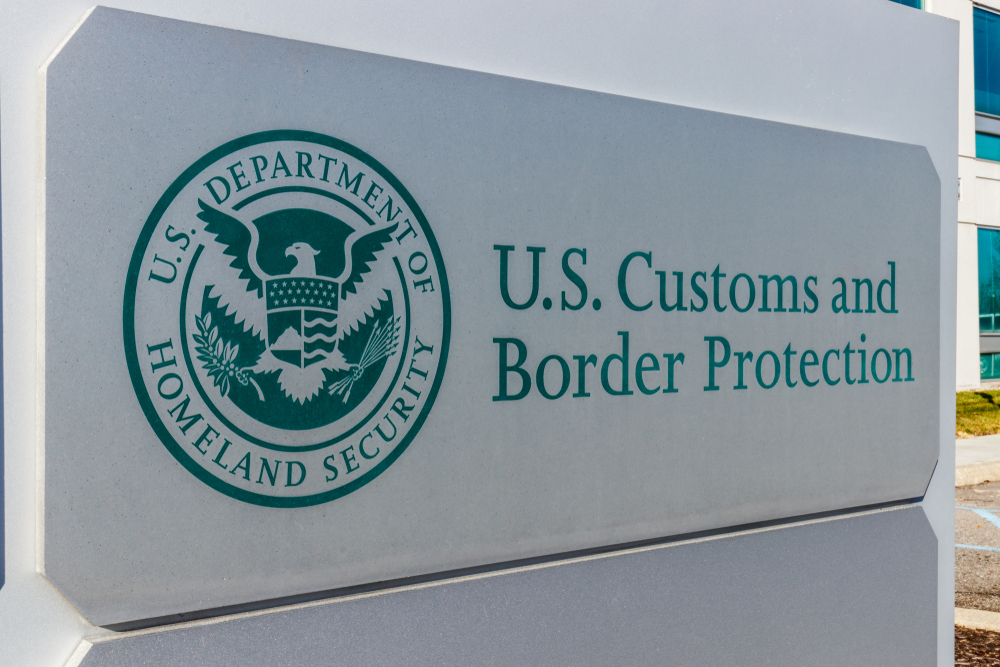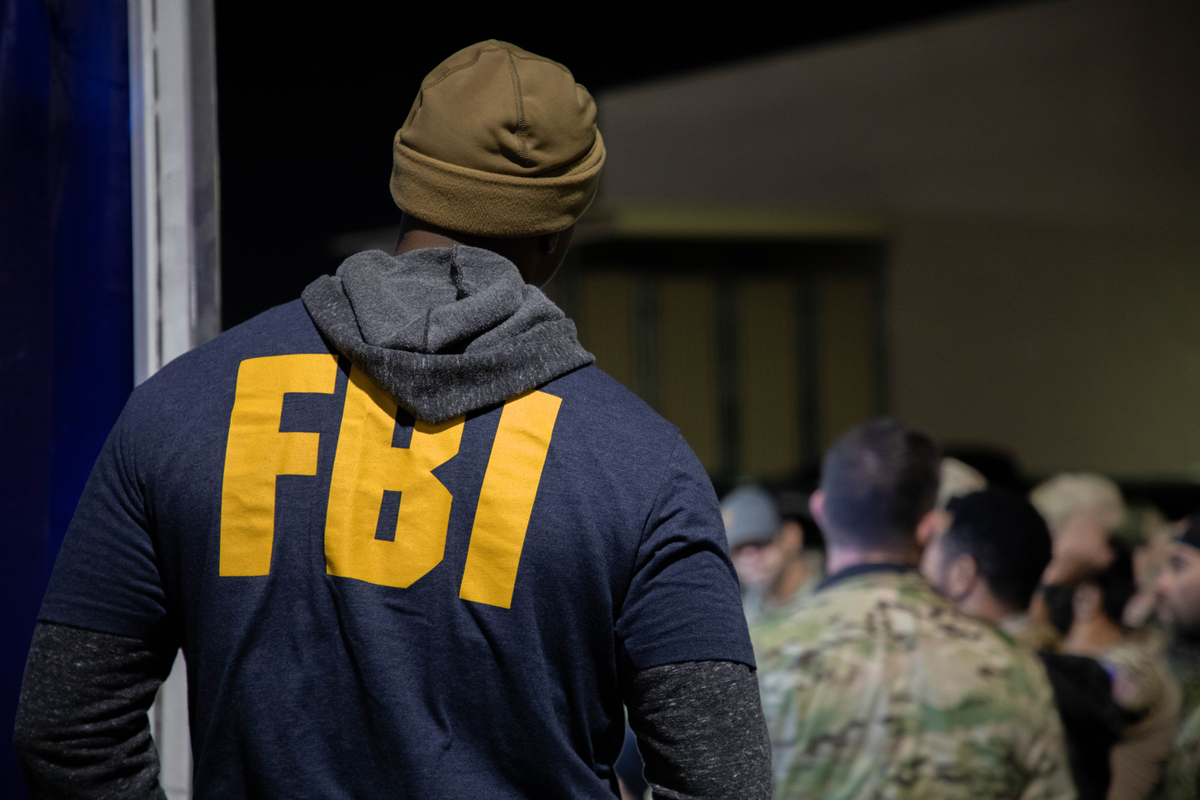
By G.W. Schulz, Center for Investigative Reporting | Andrew Becker, Center for Investigative Reporting | Daniel Zwerdling, NPR
BLOOMINGTON, Minn. – On May 1, 2008, at 4:59 p.m., Brad Kleinerman entered the spooky world of homeland security.
As he shopped for a children’s watch inside the sprawling Mall of America, two security guards approached and began questioning him. Although he was not accused of wrongdoing, the guards filed a confidential report about Kleinerman that was forwarded to local police.
The reason: Guards thought he might pose a threat because they believed he had been looking at them in a suspicious way.
Najam Qureshi, owner of a kiosk that sold items from his native Pakistan, also had his own experience with authorities after his father left a cell phone on a table in the food court.
The consequence: An FBI agent showed up at the family’s home, asking if they knew anyone who might want to hurt the United States.
Mall of America officials say their security unit stops and questions on average up to 1,200 people each year. The interviews at the mall are part of a counterterrorism initiative that acts as the private eyes and ears of law enforcement authorities but has often ensnared innocent people, according to an investigation by the Center for Investigative Reporting and NPR.
To read more click here.
- New ATF Heads Inherits Agency Fighting for Its Life (NPR)
- DEA Seeks Temporary Control of Bath Salts (Foster Daily Democrat)
- Second Time is Charm for DEA Raid Team that Came Up Empty (The Examiner)
- Justice Dept. Sees Through AT&T’s Jobs Promise (Huffington Post)
- TSA Chief Optimistic About Everything But Terror (AP)
- Former White House Aide Allen Suspended From Practicing Law (BLT: Blog of Legal Times)
- Reporters Arrested at S.F. Protest (Huffington Post)




